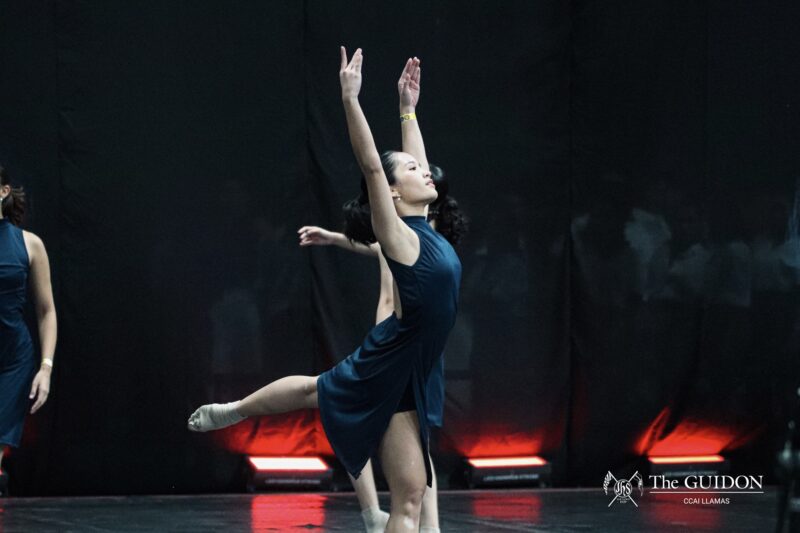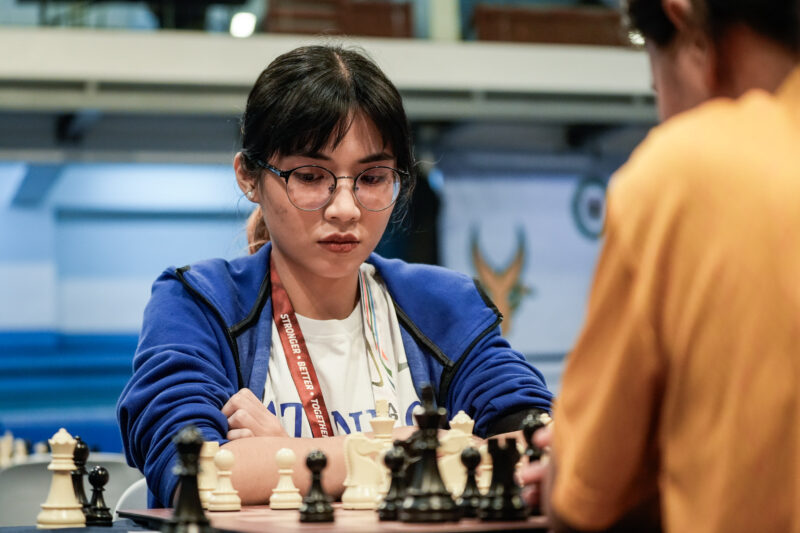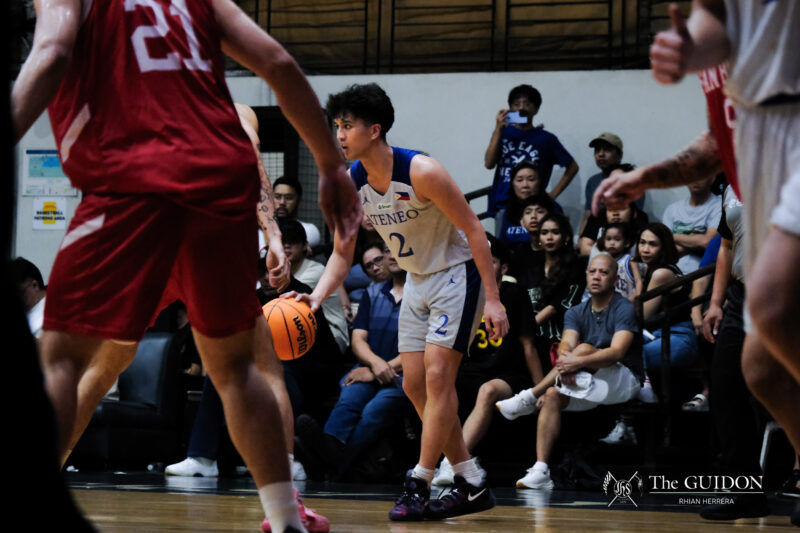THE COALITION of Ateneans for Indigenous Peoples (CAIP) , is calling on the Office of Admissions and Aid (OAA) for the inclusion of an “IP option” in the application forms for admission to the Ateneo de Manila University.
The CAIP proposed to include a category in the application form in order to giveform that will give indigenous peoples a chance to identify their status in the application form. The CAIP’s allies and partners, such as the Loyola Mountaineers, have expressed support for the measure.
According to CAIP Head Dane Ancheta, the Ateneo de Manila University is currently not gathering data on IPs applying to the university. She said that the measure will allow for greater awareness of regional ethnic identity in the Ateneo de Manila community , and will provide the university with relevant data regarding the IPs.
She added that the addition of an option for IPs in the application form will aid in the safeguarding of minorities and their rights by providing proper representation of their identity and background.
“If you talk about Filipino people, you’re not talking about one group, you talk about everybody so it should be inclusive given that everybody should be represented,” she said.
Poorest of the poor
According to Ancheta, the indigenous peoples, particularly the Lumad, indigenous people from Mindanao, are some of the most disadvantaged in the country. She said that the Ateneo has the opportunity in helping them.
“Most indigenous groups are the poorest, therefore, there is not much opportunity. So I hope… maybe someday, maybe not now, maybe someday Ateneo would consider sending Lumad or indigenous people to school,” she said.
According to CAIP moderator Michael Liberatore, the Ateneo’s treatment of indigenous peoples is part of its mission in “nation-building.”
“I think the Ateneo has been clear that nation-building is a priority, the eradication of poverty. Certainly, marginalization and exclusion from society is a key part in the treatment of our IPs the way their lands have been stolen, ways they have been put aside,.” he said.
However, Liberatore said that the issue is intertwined with a broad set of social policies that the university must address in the aggregate.
“We can talk about the issues in isolation, but we’re talking about really how does the university position itself to kind of address a broad range of issues. We talk about the idea of social justice, we talk about nation-building, creating an inclusive society that’s about human flourishing and respecting the dignity,” he said.
Catching up
However, Ancheta said that the Ateneo de Manila de Manila has yet to follow the example of other institutions of higher learning with identification programs for IPs.
“Indigenous people’s groups, no. I know [the University of the Philippines] UP has and Ateneo de Davao has. They have, but [in Ateneo], no,” she said.
According to Indigenous Peoples Advocacy Head of Loyola Mountaineers (LM) Tristan Querol, they want to model the Ateneo’s program on the comprehensive programs of the University of the Philippines (UP).
“‘Yung plan niya is mostly to make it how UP recognizes the identity of the student being a katutubo or an IP, so gusto niya sana nga ganon dito mangyari. (Their plan is mostly to make it how UP recognizes the identity of the student being a native or an IP, so hopefully the same is replicated in the Ateneo),” said Querol.
Querol said that indigenous peoples are more free to express their ethnic identity in UP, especially when compared to the Ateneo.
“I have friends na Igorot here in school and you wouldn’t know until they tell you. I don’t think they’re ashamed of it, it’s just that they don’t have a venue to express their identity as an IP,” he said.
“I mean, no one talks about it here so why bother expressing it? So kailangan siguro ng avenue for them to want to express their identity,” he saidadded.
Broad support
Ancheta said that the OAA has been supportive of the measure, and is working keenly with members of the CAIP in the effort.
“[OAA Director Jumela Sarmiento] is very much open to it. We always talk to her actually. The only problem is like status quo, like how will we fit this here [on this] paper. It’s not a problem, it’s just a matter of time,” Ancheta said.
She said that with the current pace, they are likely to roll out the new application forms by next year.
According to Liberatore, measures like this are steps towards further involvement in the IP rights issues.
“The fact that we have a group like CAIP that’s working on [IP rights], to try to bring voice to some of these things. I think it shows that number one, there’s a lot of work to be done. But there are also people who have been touched, who want to deal with these issues so there must be some discourse going on that helps to give them voice and enables them to have responses to that,” he said.
For Querol, he said that partner organizations will remain supportive of the initiative, and will continue to fight for IP rights advocacies.
“For LM, to be honest, underdeveloped din ‘yung IP advocacy niya. We really want to push for it kasi LM goes out [into IP communities]. Sila ‘yung may potential na lumabas to the rural areas to those places I was talking about to actually develop that passion to do something,” he said.
The OAA was not available for comment at this time.







